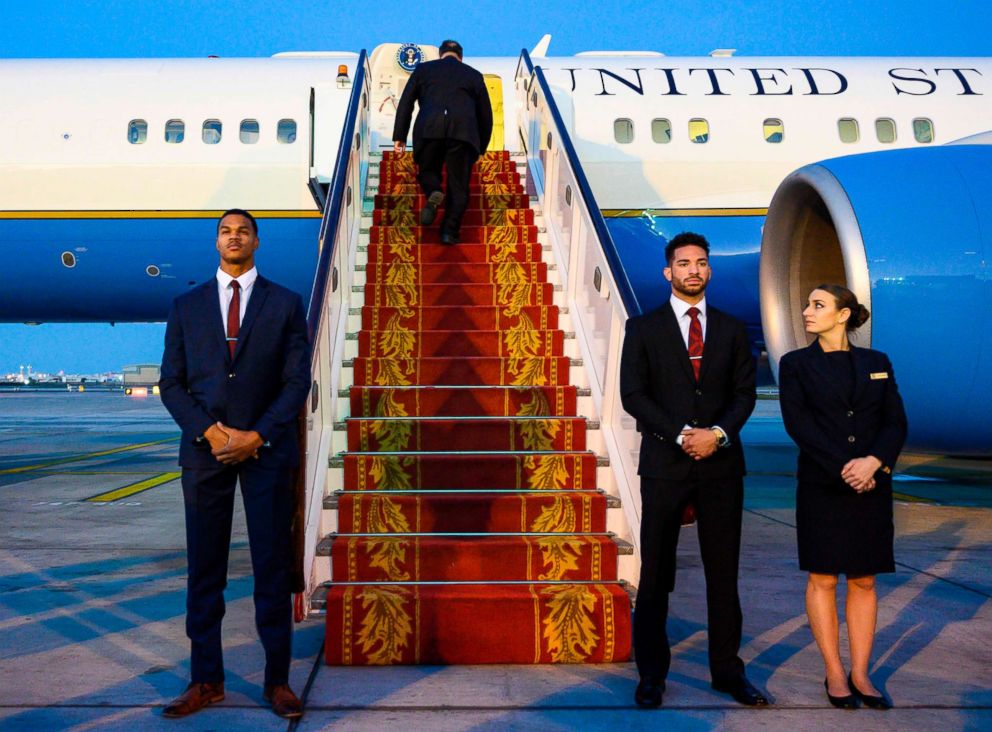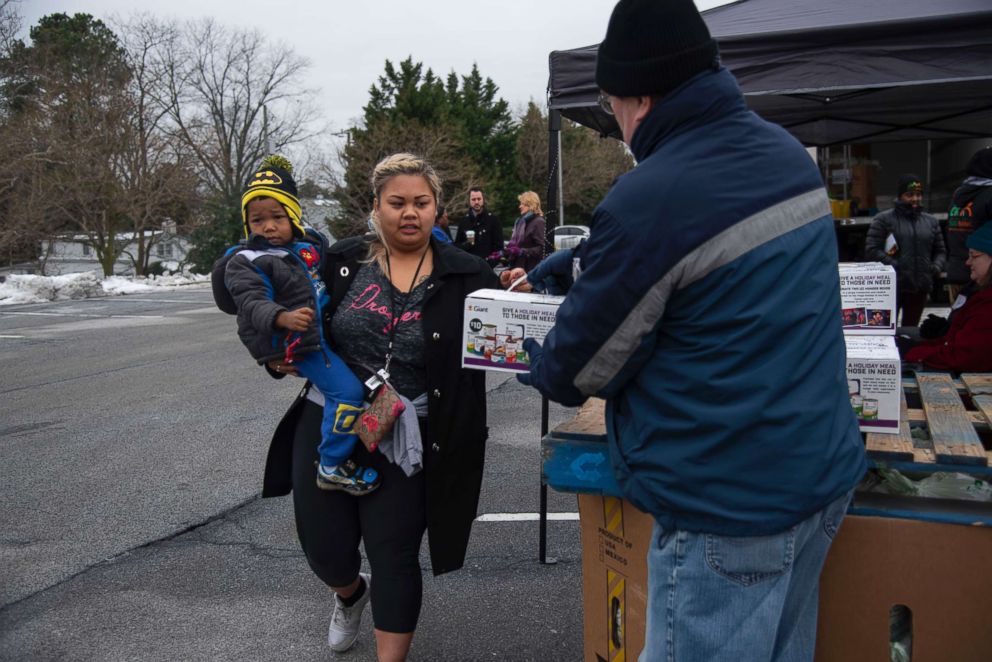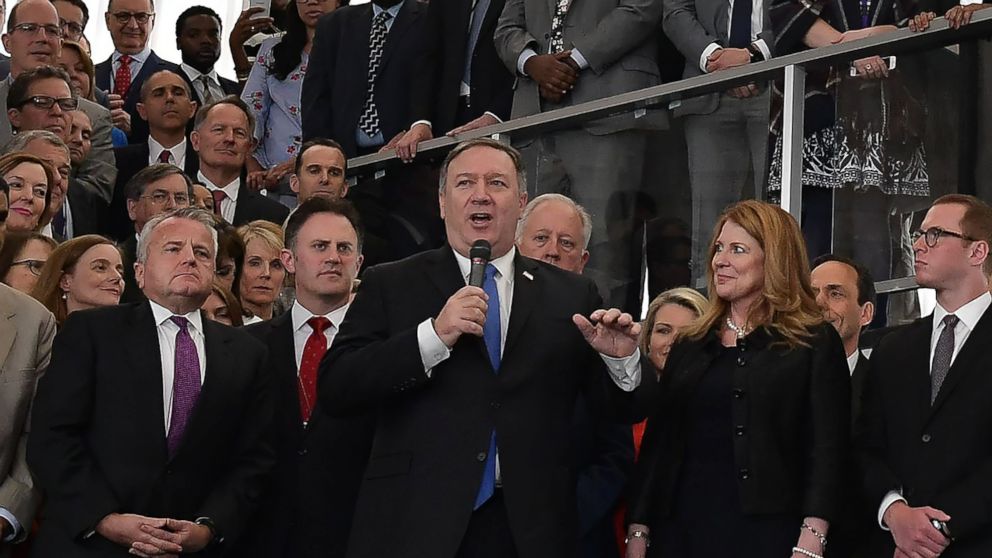Uncertainty, limitations still hamper US diplomacy during shutdown
The State Department has called all employees back to work this week, but the ongoing partial government shutdown has left U.S. diplomats uncertain and restricted in their activities.
While they may be allowed back to the office, employees say the shutdown's damaging effects on diplomacy continue.
"We don't ACTUALLY have money," a senior Foreign Service officer serving overseas said. "The 'found' money for a paycheck doesn't change much. Still no outreach, conferences, meetings, trainings."
"We won't be able to do anything beyond what applies to protecting U.S. personnel and property or is essential to national security," said another diplomat who works overseas.
The diplomat also said the agency has done little to provide guidance to its employees.
A State Department spokesperson confirmed that they "continue to operate in a constrained manner," with limitations on employees' travel, public outreach including meetings, events, hiring and contracts.

The spokesperson said that employees were "recalled to regular duty," but it is clear that most of those duties still cannot be carried out. The department's own guidance lists explicitly what may or may not be done under section B of a memo to staff, released in December before the shutdown began.
Among those canceled events is an annual conference on international export control and border security, a State Department official confirmed to ABC News. The meeting, which is focused on preventing the proliferation of conventional arms across borders, was supposed to take place Feb. 19 to 21 in Edinburgh, Scotland, but the 270 or so participants were notified last week that the conference had been "postponed" because of the shutdown, the official said.
The continued restrictions have left many diplomats angry that they're still not able to do their jobs, even as the department says they've returned to work.
"The general consensus around here is that paying one pay period is a political stunt and nothing more," said another U.S. diplomat overseas, who, like the others, spoke on condition of anonymity because they did not have permission to talk publicly.
"Not much 'excitement' about one check out of three ... that isn't coming for a month," said the senior Foreign Service officer.

State Department employees will be paid for this two-week period, starting Jan. 20 or 22, depending on where they work and when the work week begins in that country. That check will come in mid-February, but employees will not yet be paid for the previous month of the shutdown until appropriations for fiscal year 2019 are enacted by Congress.
After this pay period ends, however, the department will have to consult with Congress and the Office of Management and Budget to find additional funds to keep employees at work if the shutdown continues. But it's unclear if they will be able to find any additional money.
That uncertainty has derailed diplomats' plans.
"How can you plan anything when you have no idea if we'll have a budget/staff in a few days, a week, a few weeks, etc.?" said the senior Foreign Service officer. "And things have lead times."
A U.S. diplomat based in Europe last week said, "You don't sort of put diplomacy on hold, and I think that we're going to look back at this period with a lot of regret for sort of missed opportunities."




